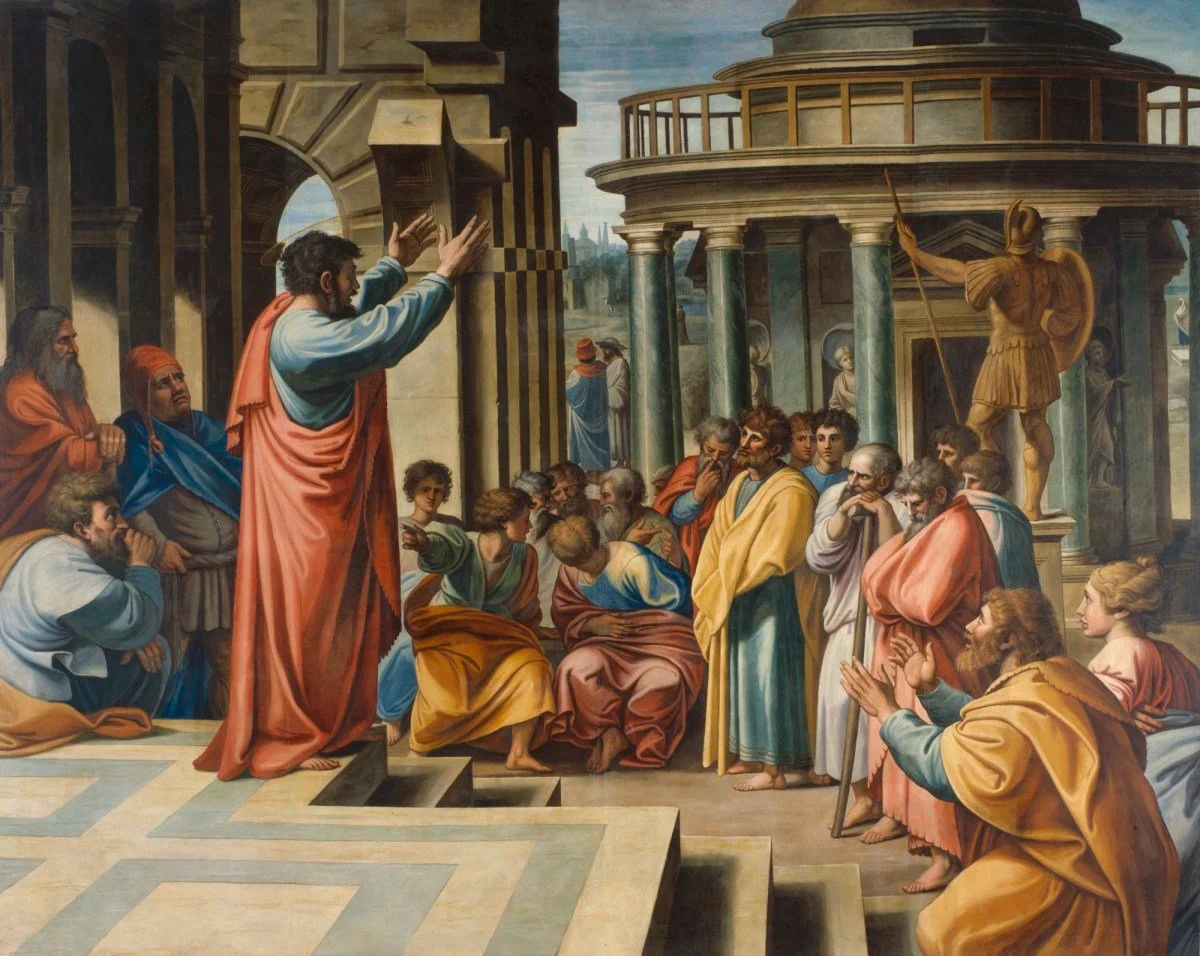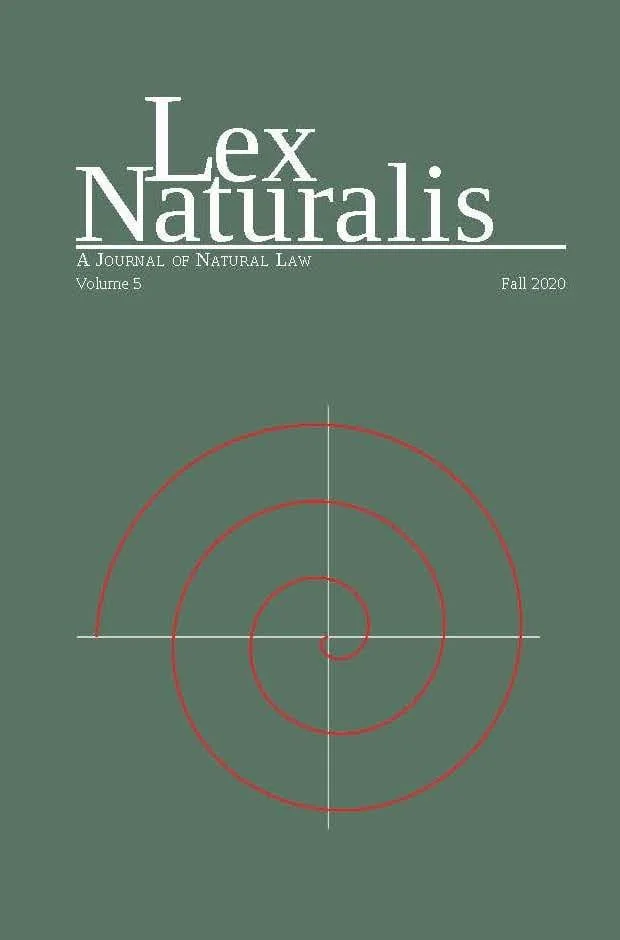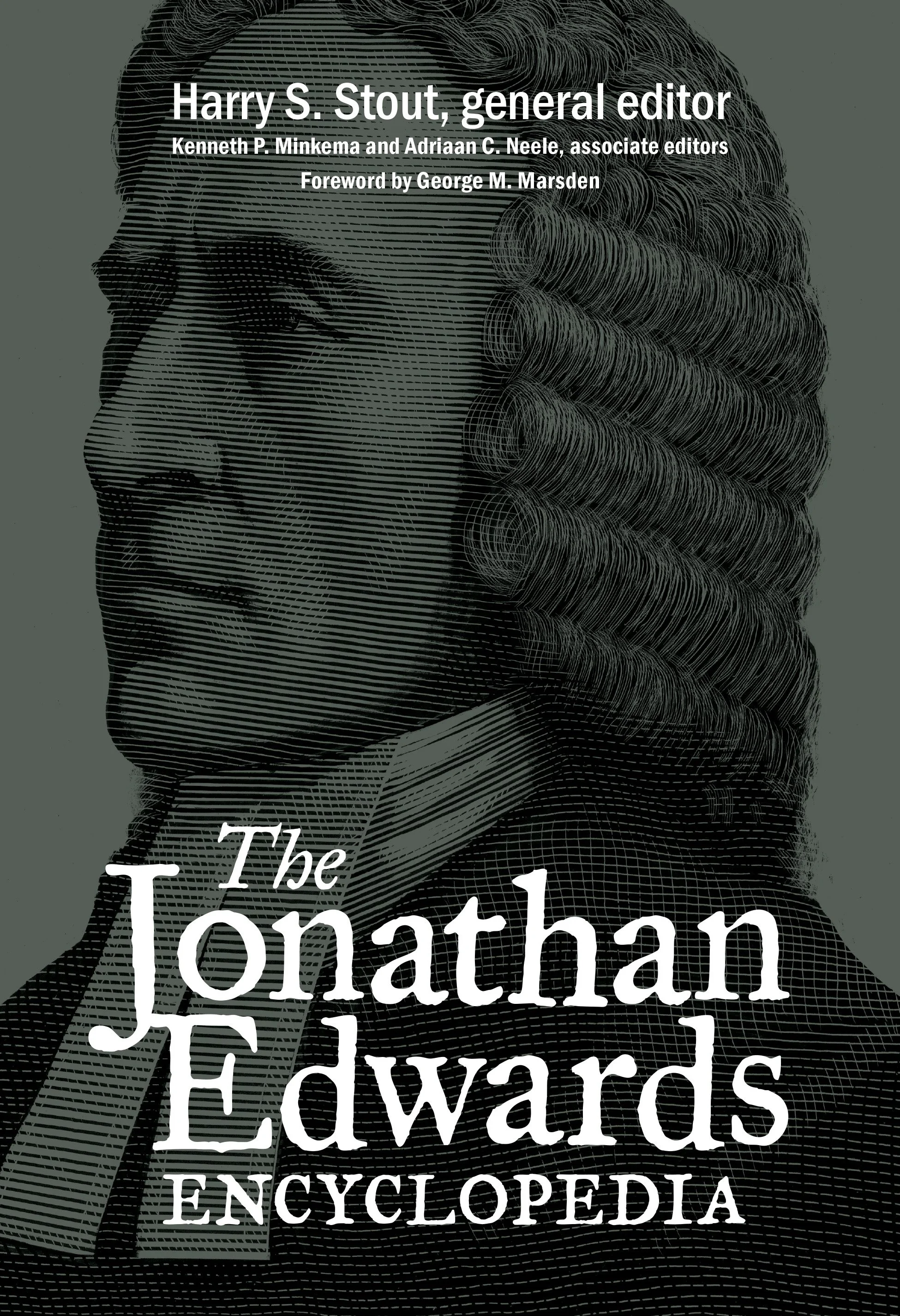Articles
Can God be proven? Yes. Denying the provability of God is popular today, even for Christians. Faith and reason have been divorced, and we Christians sometimes swallow that pill without realizing it. But it doesn’t have to be that way. Faith seeks understanding, but it is built on it too. We believe in God for good reason or else we have no reason to believe in God.
Thomas Aquinas gives a series of five ways of proving the existence of God. The fourth way is taken from our idea of perfection.
Protestantism was never meant to be anarchy. Today, every church does what is right in its own eyes to the detriment of the health of the church. At The Davenant Institute, our new Baptist Studies program seeks to draw from our rich tradition and to stand on the shoulders of giants, as we find contemporary application for time-tested doctrines.
Is there a reformed virtue ethics? What is being asked here? With the natural law foundations long since abandoned, ethical discourse in the anglophone world has largely been focused on solving problems it has invented. Protestant moral theology has had its own rocky history developing in tandem with and greatly influenced by trends in secular philosophy. There has also been a slowly rising interest among Protestants to return to our roots.
How did theology become systematic? What is the history of the literal interpretation of Scripture? Thanks to the adoption of Aristotelian scientific methods, learned from his philosophical methodology, theologians transformed the allegorical and mystical interpretation of Scripture into literal interpretation.
See how Peter Lombard, Albert the Great, and Aquinas transformed theology into the systematic theology we have today.
Modern science and the Christian community do not always communicate with each other as much as they should. While secular scholarship grows more interested in the health benefits of gratitude and other virtues from a neurological and psychological angle, Thomists will not be surprised that a health benefit is associated with virtuous activity. The close mind-body relationship of hylomorphism could equip scientists to explain mental health in non-materialistic and reductionist ways. More partnership could exist between psychology and philosophy as both help explain each other.
Special revelation is God’s instruction book. But what device is it an instruction book for? Which is prior, the device or the instructions? Can someone figure out how to use it properly without the instructions, even if imperfectly? Advocates of the natural law say “Yes.” God created human nature to function in a certain way. The way God ordered humanity and the rest of creation is an expression of his own orderly nature.
You think you think critically about what you watch or read? Think again. “We face spiritual threats in how we engage popular culture.” [Co-authored with Marian Jacobs]
Today’s politics maintains freedom of conscience & pluralism. But can conscience be wrong? Against the emotivist view, objectivism defines conscience clearly, encouraging freedom without anarchy.
Three aspects of Kierkegaard’s thought will be considered: (1) passion and interestedness, (2) authenticity as an existential virtue, and (3) Christian character and practice in classical virtues.
Will you examine your life and make it worth living? Will you find wise reasons for your beliefs and practices, rather than just going with the flow? Will you seriously consider the unfamiliar ideas of others, humbly admitting they might see something you don’t?
Semantic anti-realism holds that statements cannot have truth value if their truth criteria are beyond the ability of humans to recognize them. John Haldane proposes moderate compatibility with Aquinas. I disagree, and the denial of verification-transcendence denies the possibility of the analogy of being.
Aquinas’s discussion of free-will admits of causal influences. I argue that he is compatibilist and utilizes the principle of causation.
The rise of virtue epistemology challenges the division of intellectual and moral virtue held by Aristotle and Aquinas who held that intellectual virtues were non-moral habits of the mind. I defend this against some objections.
Elizabeth Anscombe identifies three ways in which we use the word intention related to moral actions. I respond to two challenges by investigating Anscombe and Thomas Aquinas.
When a person tries to become virtuous that person must first recognize the virtue in other people before imitating them. This implies that the person already knows something of virtue. What is the nature of that knowledge?
Review by Tim Jacobs. In his historical tour of the proofs for and against God’s existence, Nathan Schneider unfolds the story of defenders of the faith and their arguments from the ancient Greeks through medieval Muslims to today’s analytic philosophers and New Atheists.
Theological Metaethics is a topic seldom discussed by modern moral theologians who rest satisfied with conclusions in Normative and Applied Ethics. This is because moral theology tends to exhibit three fatal symptoms adopted from the Enlightenment:
A maxim or rule of ethical conduct advocating a reciprocal relationship. Stated as “Do to others what you would have them do to you” (Matt 7:12 NIV; compare Luke 6:31).
“Virtue & Vice Lists” by Tim Jacobs surveys shows how the Bible incorporates Hellenistic virtue lists to emphasize the importance of good character and the fruit of the Spirit.





















We may fool ourselves into thinking we can engineer intelligence in machines, but there are certain things they will never be able to do. Understanding authentic intelligence will go a long way in guiding ethical debates about its artificial counterpart.